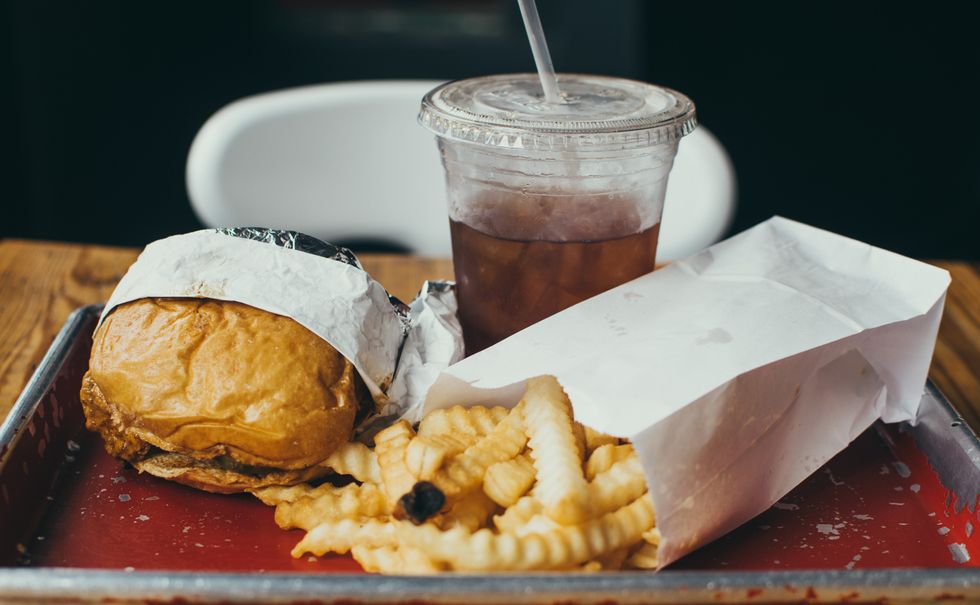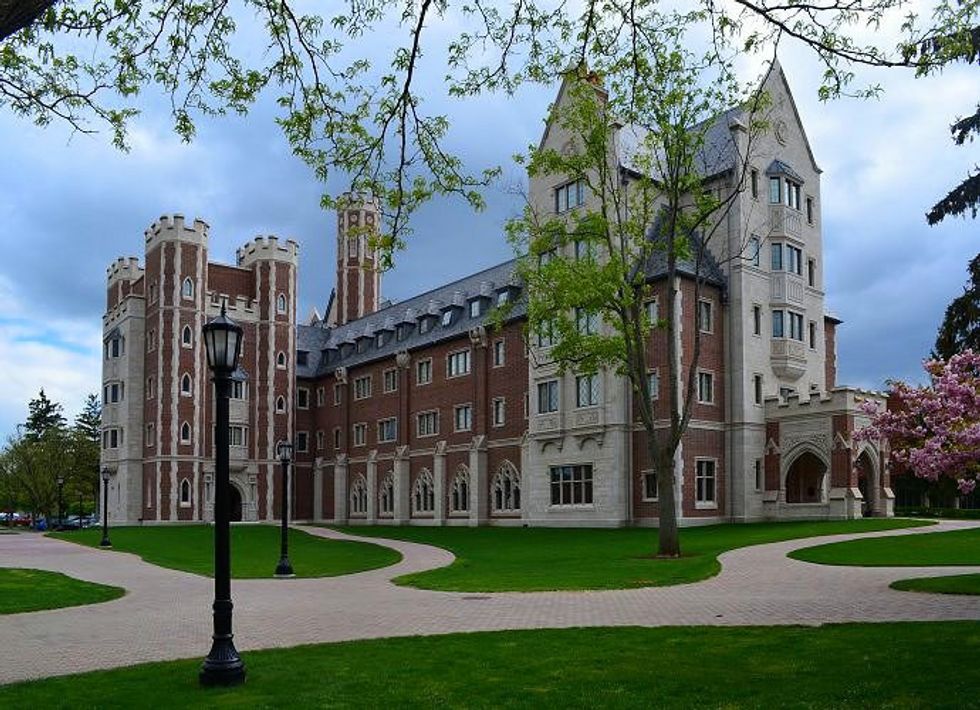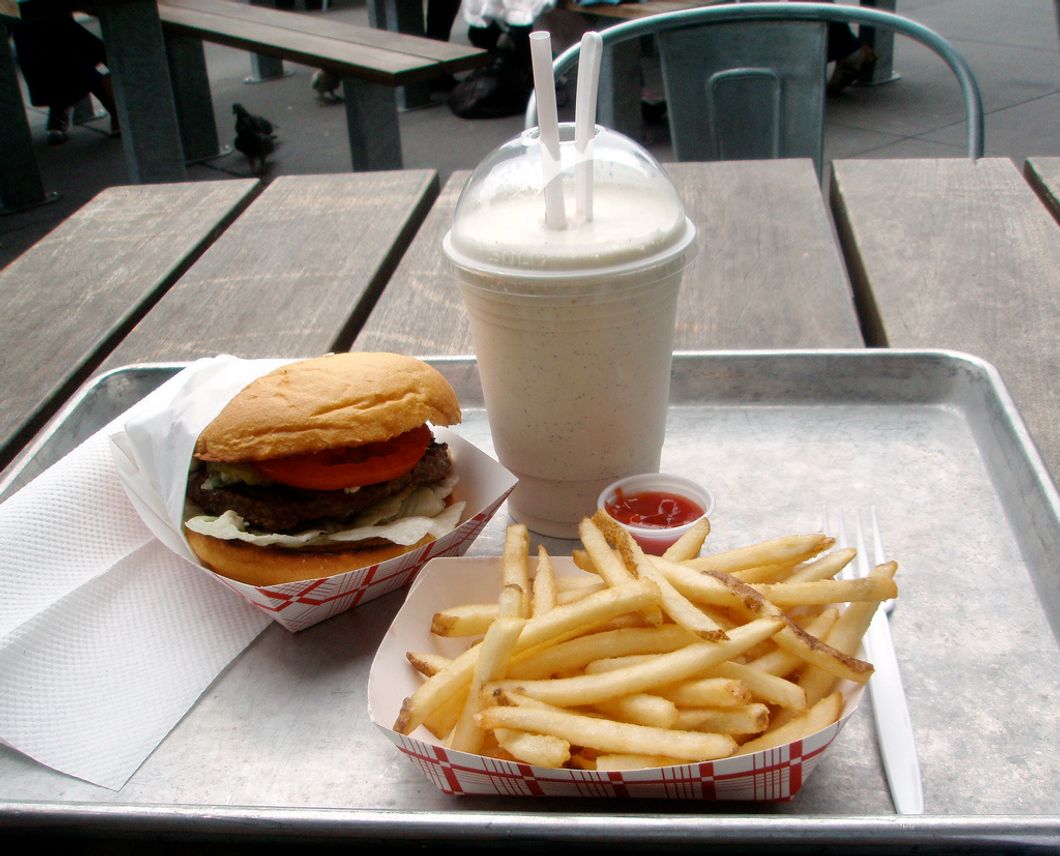During my ecogastronomy class, we discussed how the processing of food is contributing to obesity in the US. In this discussion, the Whole30 diet came up. The Whole30 diet encourages eating only whole foods which means no processed foods and sugar (real or artificial), dairy, legumes, and sweets of any kind. While we didn't discuss the specifics, someone in class said, "How is that a diet?!" Other students were similarly surprised that many people don't eat only organic produce or the fact that at least one third of WWU's campus suffered from food insecurity.
To understand why processed foods are on top of the food chain, one has to look at poverty in the US and how it doesn't allow people in poverty to make active choices about the food they eat or afford healthy foods in the first place. In fact, once a food is deemed "healthy" by the general society, the price goes up. For example, since kale has been marketed as a health food, the price has gone from $0.88 a bunch to $1.10.
When it comes to organic foods — it probably comes as no surprise that organic foods — are almost always more expensive. Organic romaine lettuce was 99% more expensive than it's inorganic counterpart, organic carrots were 96% more expensive, and organic canned tomatoes were a whopping 133% more expensive. These price differences can make or break a budget. Compare these prices to a McDonald's cheeseburger averages at $1.00 nearly anywhere in the country.
For people who use food banks or other services, canned foods are a staple and they often do not choose what they receive (beyond any food allergies). Therefore, their weight and health problems can't be considered their fault.
While produce may seem cheap, at roughly a dollar or under a dollar per item, the calorie output is much less. Meaning, you have to buy double or triple the amounts of fruits and veggies than you do most processed foods. For people facing food insecurity, getting enough calories for your buck is the most important part of food buying. Not everyone can afford to buy pounds of produce for each of their family members per week.
While food trends, diets, and nutritionists mean well, with the current state of poverty in the US, it is impossible for many residents of the US to eat healthy purely due to their socioeconomic status and circumstances. Processed foods offer more bang for the buck and while they may not be the healthiest option on the market, they are the most viable option for many people on a strict budget or for people who are not sure where their next meal is coming from.
I'm not writing this article to discourage knowledge of where your food comes from or to discourage anyone from supporting, buying, and consuming organic foods. I simply want to call out the privilege many consumers have when it comes to these items. Enjoy your organically grown tomato, but don't judge others for not buying organically when their food circumstances may not be evident.
The organic movement and wanting people to eat healthily is admirable, but unfortunately, without an overall of the economy and the near elimination of poverty (or a drastic drop in food costs that isn't realistic), it remains a dream that is only achievable by the relatively privileged.
- Can Low-Income Americans Afford a Healthy Diet? ›
- Giving the Poor Easy Access to Healthy Food Doesn't Mean They'll ... ›
- Eating Nutritiously A Struggle When Money Is Scarce : NPR ›
- Why do poor Americans eat so unhealthfully? Because junk food is ... ›
- Many Americans Can't Afford to Eat Right - ABC News ›
- It's simply harder to eat well when you are poor | Barbara Ellen ... ›








































